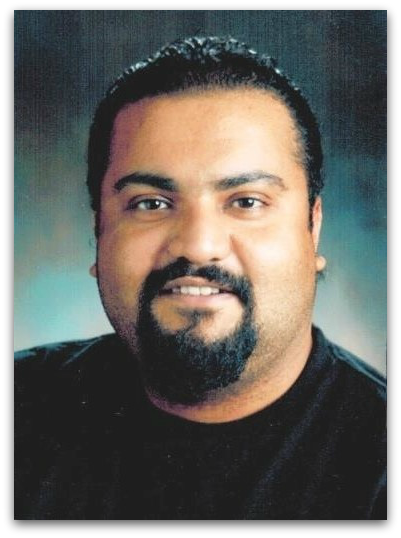 Ajit Khosla is a professor at Yamagata University in Yonezawa, Japan and a visiting professor at San Diego State University’s College of Engineering. Khosla’s work in the area of nano-microsystems has resulted in more than 100 scientific and academic contributions. Khosla has recently been named associate editor for the Journal of The Electrochemical Society (JES).
Ajit Khosla is a professor at Yamagata University in Yonezawa, Japan and a visiting professor at San Diego State University’s College of Engineering. Khosla’s work in the area of nano-microsystems has resulted in more than 100 scientific and academic contributions. Khosla has recently been named associate editor for the Journal of The Electrochemical Society (JES).
The Electrochemical Society: What do you hope to accomplish in your role as associate editor?
Ajit Khosla: As an associate editor, I hope to accomplish quick and fair peer review process, as little as three weeks from submission. I would like to encourage and convince scientists and scholars from all over the world, including ones who are presenting their work at ECS meetings, to strongly consider submitting full-length journal papers to the Journal of The Electrochemical Society. I will also be focusing on to soliciting high-quality papers in the sensor topical interest area in biosensors, micro-nano fabricated sensors, systems & devices for healthcare, and environmental monitoring.


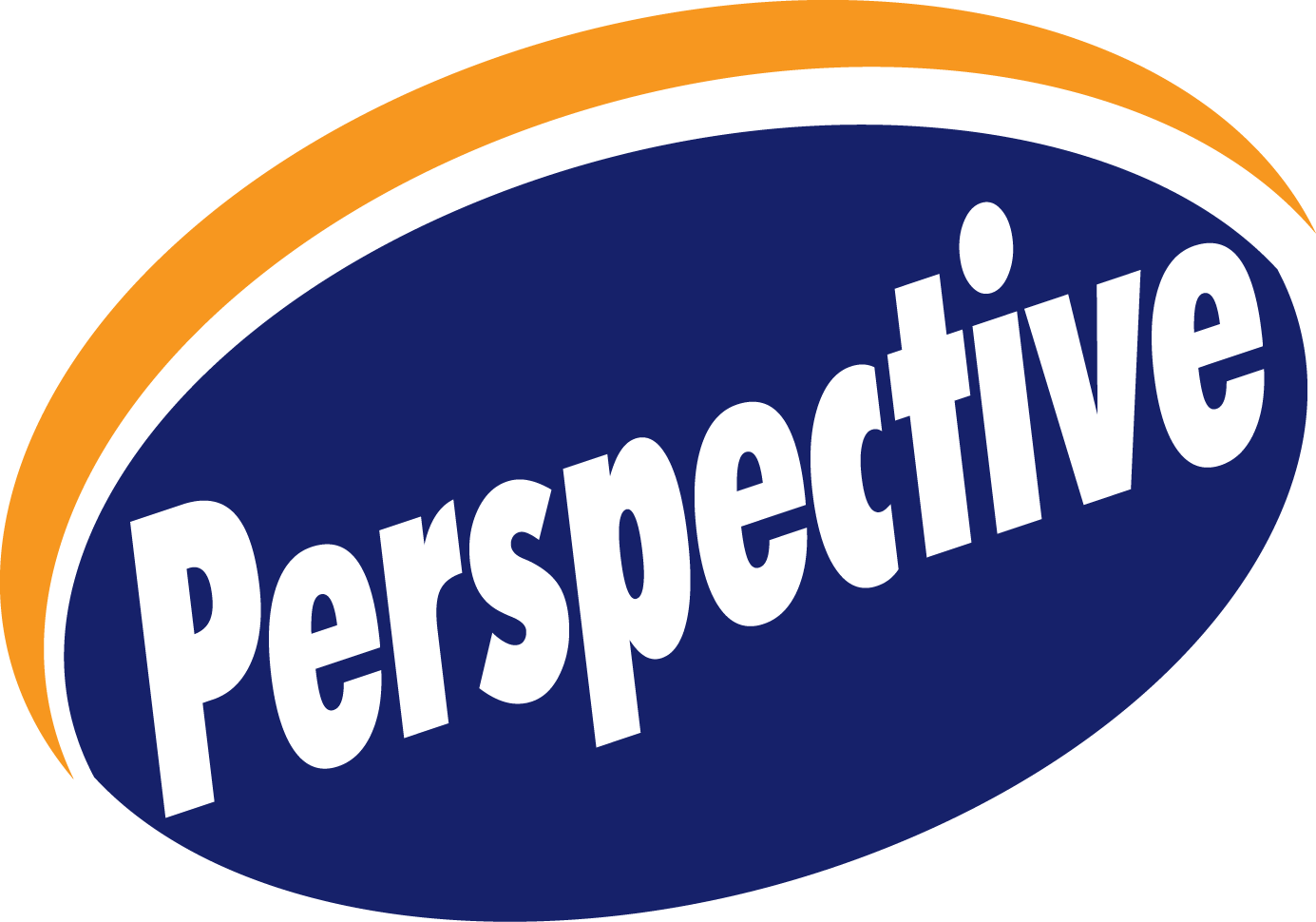 Since 1902, ECS has been at the forefront of publishing electrochemical and solid state science and technology research. For the past 115 years, the Society has been publishing high quality, peer-reviewed journals that contain the work of renowned scientists, engineers, investors, and Nobel laureates. Now, ECS is providing researchers a new avenue to offer insights into emerging or established fields:
Since 1902, ECS has been at the forefront of publishing electrochemical and solid state science and technology research. For the past 115 years, the Society has been publishing high quality, peer-reviewed journals that contain the work of renowned scientists, engineers, investors, and Nobel laureates. Now, ECS is providing researchers a new avenue to offer insights into emerging or established fields: 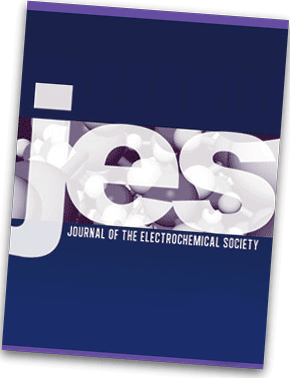 ECS is providing an opportunity for new authors to ask questions and get educated about ECS’s publications.
ECS is providing an opportunity for new authors to ask questions and get educated about ECS’s publications.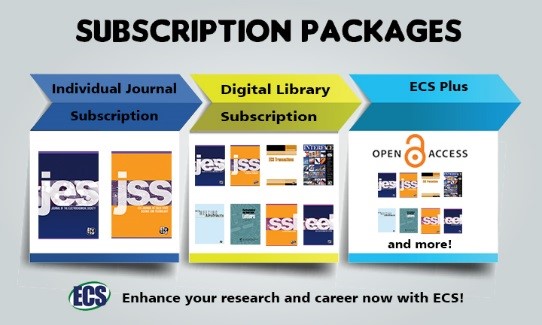
 The open access movement has bolstered content dissemination worldwide, but it has also led to the rise of “predatory publishers.” Instead of prioritizing the quality of the content, predatory journals exist to take advantage of the pay-to-publish open access system, enforcing a lax or non-existent peer review system while charging authors processing fees to publish their work.
The open access movement has bolstered content dissemination worldwide, but it has also led to the rise of “predatory publishers.” Instead of prioritizing the quality of the content, predatory journals exist to take advantage of the pay-to-publish open access system, enforcing a lax or non-existent peer review system while charging authors processing fees to publish their work.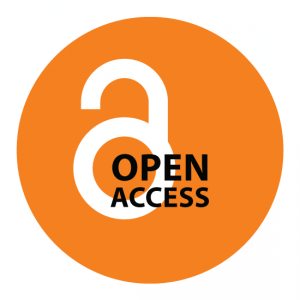 Richard Poynder (
Richard Poynder (
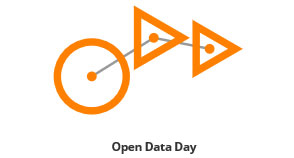 On March 4, 2017, ECS will be celebrating
On March 4, 2017, ECS will be celebrating